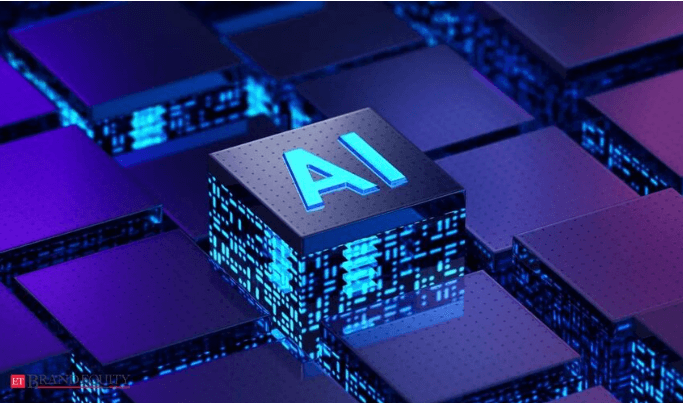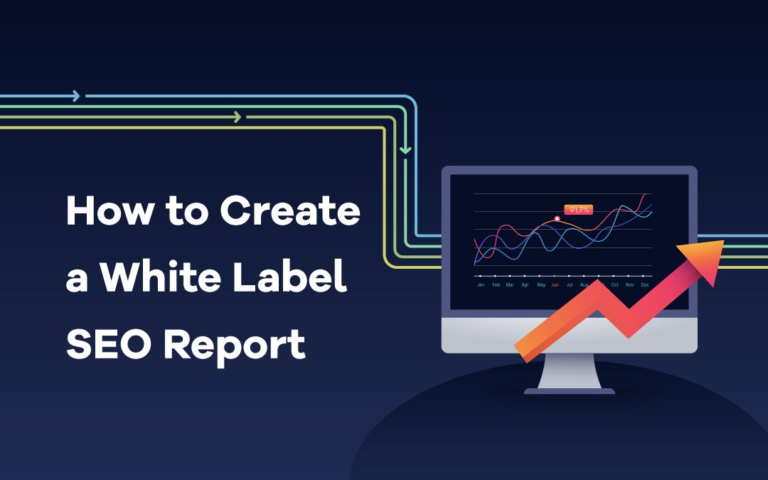AI Use Cases in Private Equity & Principal Investment: Driving Decision-Making and Operational Efficiency
AI in private equity and principal investment has been a topic that has provoked more interest in recent years as companies look to take advantage of the commercial applications of AI in business settings.
By leveraging advanced algorithms, machine learning, and predictive analytics, AI is significantly impacting the way investment professionals navigate complex markets, identify lucrative investment opportunities, and assess risk. Furthermore, AI-powered automation streamlines operational workflows, reducing manual errors, and enhancing overall efficiency. This combination of data-driven insights and intelligent automation is empowering enterprises in the private equity and principal investment landscape. It enables them to make more informed decisions, maximize returns, and gain a competitive edge in an increasingly dynamic and challenging market environment.
Here, we will delve into the use cases of AI in private equity and principal investment, from optimizing portfolios to automating tasks. We will also outline some real-world examples that demonstrate the transformative impact of AI in the industry.
Table of Contents
AI use cases in private equity and principal investment
AI can potentially transform various facets of the private equity and principal investment industry, enhancing decision-making processes, improving operational efficiency, and uncovering new investment opportunities. Here are some key use cases and applications of AI in private equity and principal investment:
Portfolio optimization and asset allocation: AI can help optimize portfolio performance by suggesting optimal asset allocation strategies. Machine learning algorithms can analyze historical data, market trends, and correlations between assets to identify opportunities for diversification, rebalancing, and maximizing returns while managing risk.
Predictive modeling and forecasting: Machine learning techniques are used to build predictive models that enable forecasting of market trends, company performance, and investment outcomes. By analyzing historical data and relevant variables, AI models have the capability to generate predictions that assist in evaluating the potential returns and risks linked to an investment.
Risk management and mitigation: AI can help private equity and principal investment firms in assessing and managing risks. ML algorithms have the ability to detect patterns and anomalies within data, flag potential risks, and support risk assessment processes. AI-powered risk management tools can provide real-time monitoring, scenario analysis, and stress testing to aid in risk mitigation strategies.
Deal sourcing and due diligence: AI algorithms can assist in sourcing and screening potential investment opportunities. By analyzing large datasets and applying natural language processing techniques, AI can filter through vast amounts of information to identify relevant companies and conduct initial due diligence. This saves time and resources for investment professionals.
Exit strategy optimization: AI can assist in optimizing exit strategies by analyzing market conditions, company performance, and potential buyers. By considering various exit scenarios and historical data, AI can provide insights on the best timing, valuation, and sale options to maximize returns on investment.
Sentiment analysis and market monitoring: AI can analyze sentiment from social media, news articles, and other sources to gauge public opinion and market sentiment regarding specific companies or sectors. This information can help inform investment decisions and identify emerging trends or potential risks.
Operational efficiency and automation: AI technologies, such as robotic process automation (RPA) and natural language processing, can automate routine tasks, data entry, and document processing. This streamlines operational processes, reduces manual errors, and frees up time for investment professionals to focus on higher-value activities.
Data analysis and decision support: AI algorithms can analyze vast amounts of unstructured and structured data to extract valuable insights and assist in investment decision-making. This includes analyzing financial statements, market data, news articles, social media sentiment, and industry reports to identify trends, risks, and potential investment opportunities.
How AI is transforming private equity and principal investment: Real-world examples
AI is indeed transforming the private equity and principal investment landscape, and several real-world examples highlight its impact. Here are a few notable examples:
Blackstone Group: Blackstone, a global private equity firm, integrates AI to optimize its operations and decision-making. They employ AI algorithms for deal sourcing and analysis, utilizing machine learning models to assess investment opportunities and generate predictive analytics for portfolio management. Additionally, Blackstone leverages AI-powered tools for sentiment analysis to monitor market sentiment and public perception of their portfolio companies.
Hg: Hg, a prominent technology-focused private equity firm, has effectively utilized artificial intelligence (AI) to aid in the identification of prospective investment prospects. The firm conducts in-depth analyses of diverse data sources such as financial statements, market trends, and customer reviews by employing AI algorithms. These algorithms swiftly identify both investment opportunities and associated risks, equipping investment professionals with invaluable insights to enhance decision-making. Furthermore, Hg has successfully automated various portfolio management procedures using AI, leading to cost reductions and heightened operational efficiency.
Bridgewater Associates: Bridgewater Associates, a prominent hedge fund, utilizes AI algorithms to analyze market trends and financial data, enabling effective risk management. The firm uses AI algorithms that provide valuable insights to investment professionals, enhancing their ability to identify and mitigate potential risks. Additionally, Bridgewater Associates has automated portfolio management processes using AI, resulting in cost reduction and increased operational efficiency.
Final words
The application of AI in private equity and principal investment is transforming the industry in numerous ways. AI technologies, developed by specialized AI development companies, are being used to optimize portfolio performance, predict market trends, manage risks, streamline due diligence processes, and automate routine tasks. As AI development progresses further, it is expected to play an indispensable role in shaping the future of private equity and principal investment by enabling data-driven insights, informed decision-making, and enhanced risk management. Private equity and principal investment firms can stay competitive and maximize their returns in an ever-changing investment landscape by embracing AI technologies developed by leading AI development companies.



